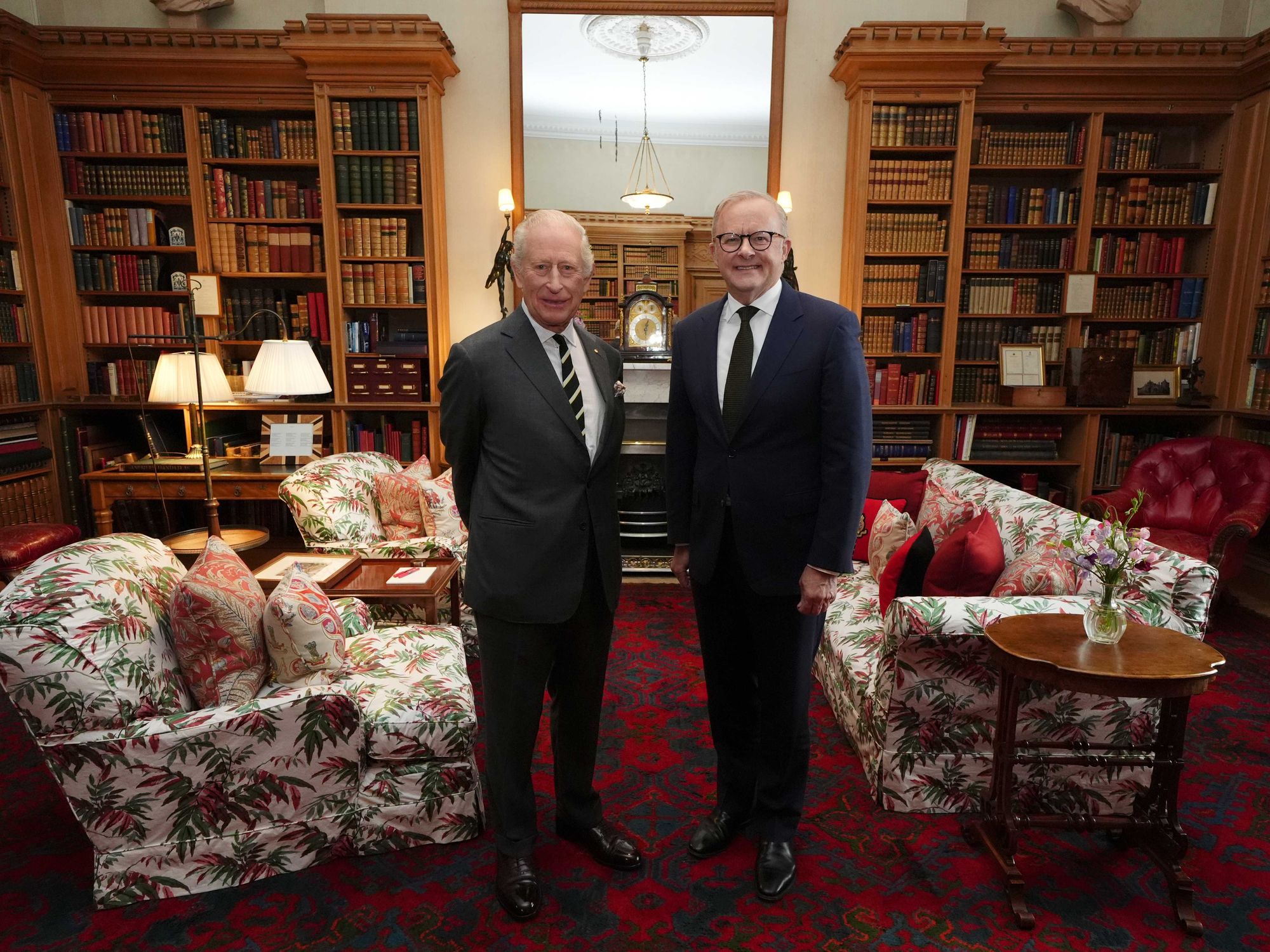Labour's plan to lower voting age will 'backfire' as 'kids are not stupid', claims young Reform candidate
Labour's plan to lower voting age will 'backfire', claims 25-year-old Reform UK candidate
|Reform UK

The party's manifesto pledge did not make it into the King's Speech but an elections bill is expected to come later in the parliamentary cycle
Don't Miss
Most Read
The Labour Party stormed to a landslide victory in the 2024 General Election, winning 412 seats while the Conservative Party suffered its worst-ever result.
Look a little closer, however, and cracks start to show.
Labour attracted fewer ballots than it did under Jeremy Corbyn in 2019 and Reform UK - an insurgent party - came second in 98 seats.
Against this shaky backdrop, Prime Minister Sir Keir Starmer will look to consolidate his power.
One way he plans to do this is by reducing the voting age from 18 to 16 in UK general elections.
Labour's manifesto pledge did not make it into the King's Speech but Commons leader Lucy Powell recently told the BBC that an elections bill is expected to come later in the parliamentary cycle.
In response, the Conservatives accused Labour of trying to "distort the political system" in its favour.
But would it work? Who better to ask than Reform UK parliamentary candidate Jack Brookes.
At just 25, he leapfrogged the Conservatives into second place in his constituency of Birmingham Erdington on July 4, garnering 7,775 votes.
In an exclusive interview with GB News, Jack pours cold water on Labour's plan to lower the voting age, claiming it will "backfire" on two fronts.
Firstly, the young vote share is unlikely to be significant enough to change the electoral landscape.
Secondly, the ones that do head to the polls will plumb for Reform as young people are sick of the woke agenda.

The Conservatives have accused Labour of trying to "distort the political system" by lowering the voting age
| GETTYDoes he have a point?
Take Max's first claim. Hard data on voter intention is scarce but there are indicators that Labour's gamble would not pay off.
In many Western democracies, younger people are less likely to vote than older people.
There are no official figures for voting by age in the UK, but, the British Election Study - a long-running academic survey - provides reasonably consistent survey-based data for general elections since the 1960s.
Compared to other age groups, the survey data shows that young people aged between 18-24 had the lowest turnout in UK general elections from 1964 to 2019.
Since 1997, this trend has become more pronounced, with turnout at least 20 percentage points lower among the 18-24 age group than for those aged over 65.
In the 2019 general election, the turnout rates were estimated to be 47 per cent versus 74 per cent, UK Parliament data shows.
Note that these figures are estimates, based on surveys of voters.
Voter turnout reached a 20-year low in the UK’s 2024 general election, with young people even less likely to cast their vote than in previous elections.
A recent YouGov poll indicates that 37 per cent of those aged 18-24 do not believe their vote was important to the general election results.
This compares with a national average of 29 per cent and 23 per cent among the over-65s.
Young people are also not homogenous.
One study shows that by their teenage years, girls are less likely to express an interest in politics than boys – a gap that widens by the age of 30, particularly for those women with lower-level and upper-secondary vocational qualifications, such as B-Tech.
This divergence could spell trouble for Labour’s plan to lower the voting age as a recent YouGov survey found young men were more likely to vote Reform UK (12 percent to six percent) and Conservative (10 percent to six percent) than young women.
Furthermore, a JLPartners poll recently found that Reform resonated strongly with soon-to-be-enfranchised 16- and 17-year-old voters, and mock school elections saw Nigel Farage's party clean up among schoolchildren across the country.
The continent provides further evidence that Labour's plan would backfire.
The voting age was recently lowered to sixteen in Germany, Belgium and Greece for the recent European parliament elections, in which populist parties – notably the AfD in Germany – performed well.
They did well among the youngest voters too (16 percent of 16–24-year-olds voted for the AfD).

Teenage years, girls are less likely to express an interest in politics than boys, research suggests
|Getty Images
Distaste for Labour
"Kids are not as stupid as people think", Max says, adding that many of his peers, himself included, feel like they had their "best years taken away for no reason" during the pandemic - and Labour would have been even more authoritarian in its response.
This appeared to be the mainstream view during lockdown. A 2021 YouGov poll found 68 percent of people felt that if he had been in charge at the time, Sir Keir would have enforced the same restrictions as the Tories or would have been stricter.
Among Labour voters, this rose to 84 percent, with only four percent of party supporters thinking the Labour leader would have had more lax rules in place than former PM Boris Johnson.
Contrary to popular opinion, Labour's progressive policies also put a lot of young people off, Max claims.
"A lot of kids are getting cancelled for saying there are two genders. A lot of young women just want single-sex bathrooms and feel harassed for demanding this basic right," he told your correspondent.
It is hard to know what's going on in schools, but anecdotal reports suggest a pervasive culture of fear.
For example, in 2022 a private school sixth-form pupil claimed she was hounded out of her school for insisting biological sex was real while pushing back against the "trans ideology" of a visiting speaker.
The pupil, who was 18 at the time, told The Times: "The language she was using was implying critical theory took precedence over biological reality in defining women."
She added: "When I questioned that, she said it wasn't an issue of semantics. She said trans people don't have basic human rights in this country. Afterwards I spoke to her and said I'm sorry if I came across as rude."
Teachers supported the teenager at first but this position soon became untenable after other pupils piled in with the charge of transphobia. She left in September of that year, according to the report.
Sir Keir has a patchy record on this. The Labour leader recently appointed a women’s minister who said in a BBC interview that there are "different definitions legally around what a woman actually is" and his greatest hits include the assertion that 99.9 per cent of women do not have a penis.
This messaging is likely to have a trickle-down effect in schools, the young Reform candidate fears.
On paper, young people's aversion to the left should play to the strength of the Conservative Party come the next general election but Max and his peers are fed up with the Tories too.
Unable to get on the housing ladder and saddled with student debt, many young people feel disaffected with the system and want radical change, Max claims.
"We don't look at things as a left-wing and right-wing. We just want power over our own lives and we will go for the party that has the most pro-freedom apparatus. That's Reform."










